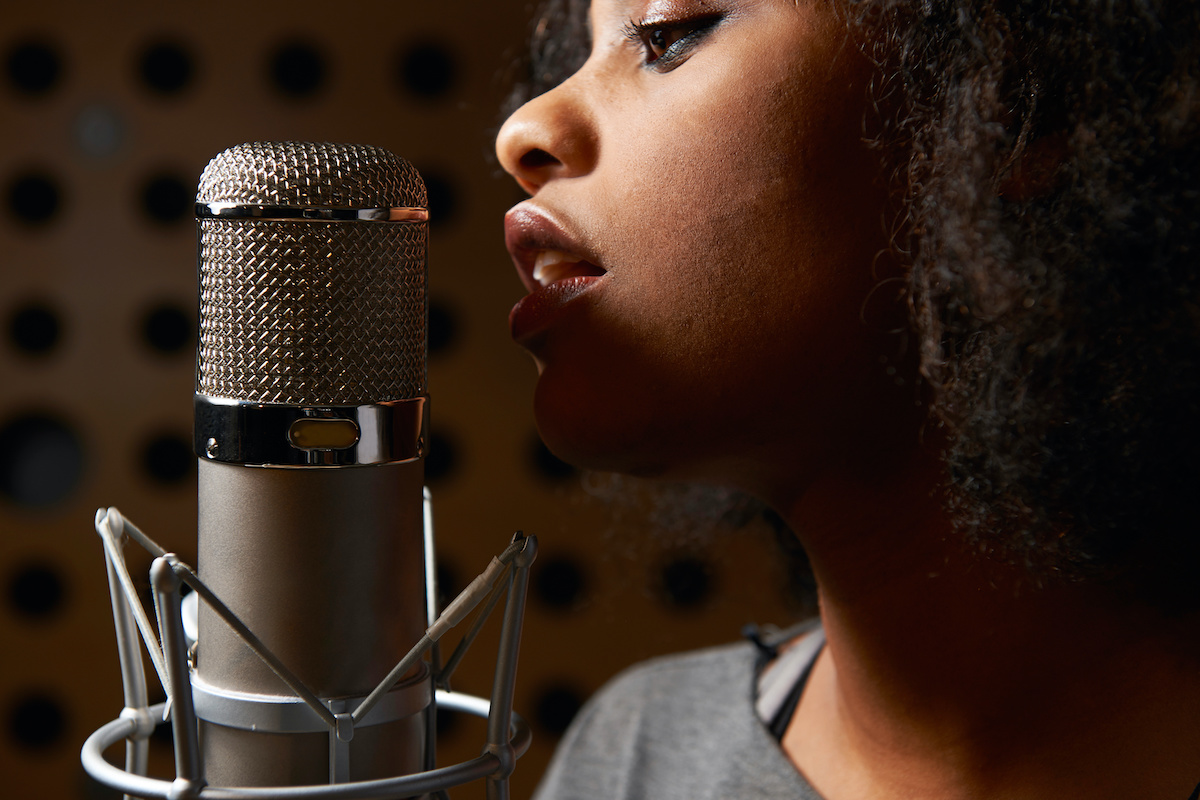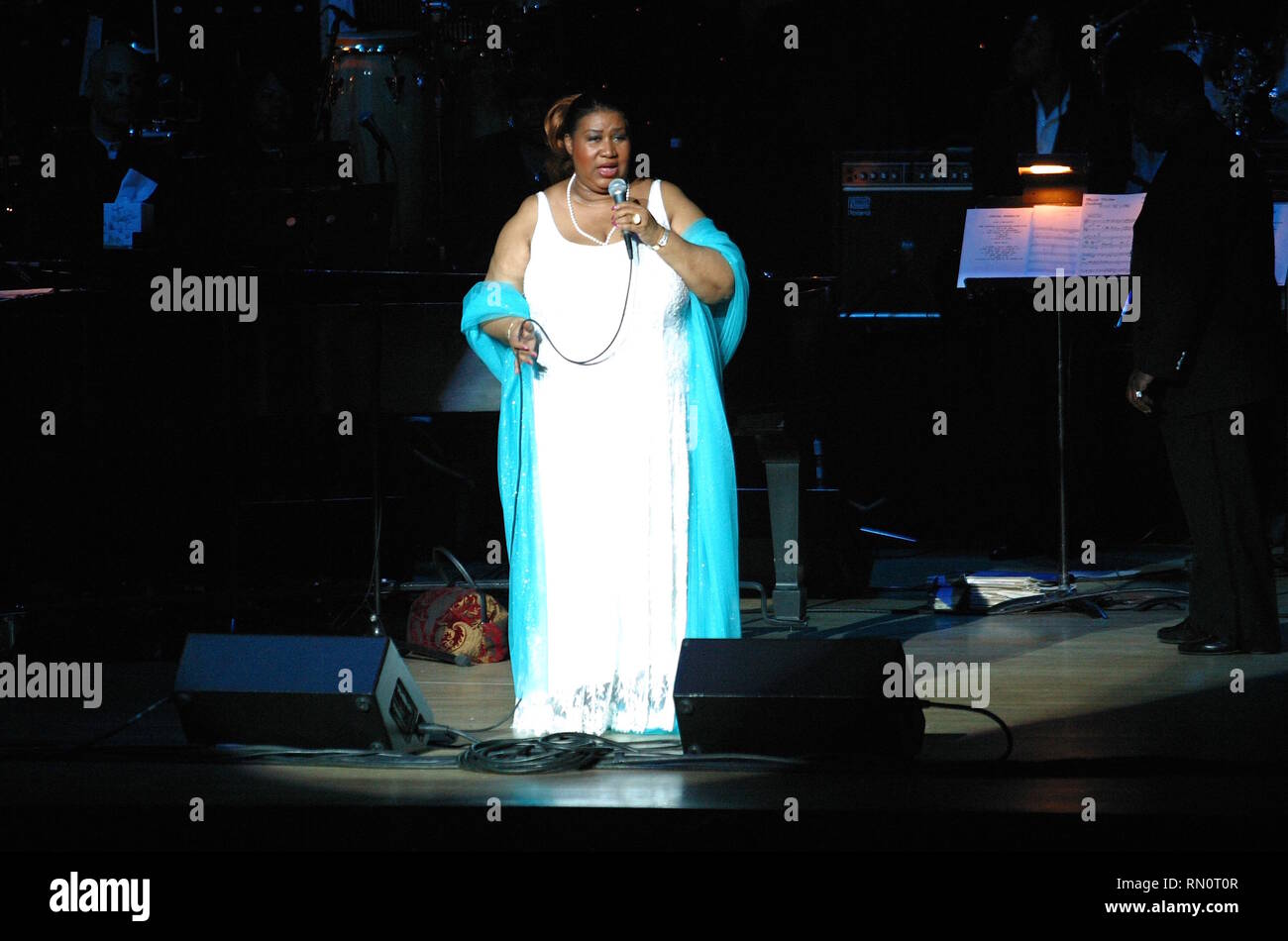D'Angelo: The Neo-Soul Legend Who Revolutionized R&B Music (1974-2025)
D'Angelo: The Neo-Soul Legend Who Revolutionized R&B Music (1974-2025)
The Passing of a Musical Icon
On October 14, 2025, the music world lost one of its most influential and visionary artists when D'Angelo (born Michael Eugene Archer) passed away at the age of 51 following a private battle with cancer. The news sent shockwaves through the R&B and neo-soul community, prompting tributes from artists across generations who credited the Richmond, Virginia native with reshaping the landscape of contemporary soul music.
In a statement, his family wrote: "The shining star of our family has dimmed his light for us in this life," adding that he left behind "a legacy of extraordinarily moving music." The family asked fans to celebrate "the gift of song that he has left for the world."
"D'Angelo, your voice will live on forever. Rest well, King!!!" - Jennifer Hudson

From Pentecostal Prodigy to R&B Pioneer
Musical Roots in Richmond, Virginia
Born Michael Eugene Archer on February 11, 1974, in South Richmond, Virginia, D'Angelo's musical journey began at an extraordinarily young age. The son of a Pentecostal preacher, he was discovered playing the family piano at just three years old by his 10-year-old brother, revealing an innate talent that would shape his entire life.
Growing up in a religious household steeped in gospel music, D'Angelo absorbed the emotional depth and spiritual intensity that would later characterize his secular work. He taught himself multiple instruments throughout his adolescence, performing locally in various groups including Three of a Kind and Intelligent, Deadly but Unique (I.D.U.).
The Apollo Theater Victory
At 18 years old, D'Angelo's life changed when he won Harlem's legendary Apollo Theater Amateur Night competition for three consecutive weeks. The victory, complete with a $500 cash prize, gave him the confidence and resources to pursue music professionally. He used the prize money to buy a four-track recorder and began producing the songs that would later appear on his debut album.
Revolutionary Albums That Defined Neo-Soul
Brown Sugar (1995): The Neo-Soul Birth Certificate
D'Angelo's debut album Brown Sugar, released in July 1995, is widely credited as the album that launched the neo-soul movement. The term "neo-soul" was actually coined by his manager Kedar Massenburg to describe D'Angelo's unique blend of traditional soul with contemporary R&B, hip-hop, and jazz influences.
The album achieved platinum certification and spawned the hit single "Lady", which peaked at number 10 on the Billboard Hot 100—making it D'Angelo's biggest commercial hit. Other singles like "Brown Sugar" and "Cruisin'" further established him as a force to be reckoned with in R&B music. The album's success came from its organic, vintage sound that contrasted sharply with the heavily produced R&B dominating radio at the time.

Voodoo (2000): A Masterpiece of Soul Music
After a five-year wait plagued by writer's block and perfectionism, D'Angelo released Voodoo in 2000—an album that would cement his legacy as one of R&B's greatest artists. The album debuted at number one on the Billboard 200, selling 320,000 copies in its first week.
Voodoo was recorded at Electric Lady Studios with the legendary Soulquarians collective, featuring musicians like Questlove, Pino Palladino, and J Dilla. The album's revolutionary approach to rhythm—playing "behind the beat"—created a psychedelic, groove-oriented sound unlike anything in mainstream R&B.
Rolling Stone magazine ranked Voodoo at number 28 on its list of the greatest albums of all time—one place above The Beatles' White Album. The album won the Grammy Award for Best R&B Album in 2001, solidifying D'Angelo's position as R&B royalty.
The "Untitled (How Does It Feel)" Phenomenon
The album's third single, "Untitled (How Does It Feel)," became both D'Angelo's signature song and, ironically, a source of discomfort. The infamous music video—shot in a single take with D'Angelo appearing shirtless from the waist up—transformed him into a sex symbol overnight. While the video earned three MTV Video Music Award nominations including Video of the Year, it also overshadowed the artistry behind the music.
The song itself was written as a tribute to Prince, incorporating vintage styling and sound reminiscent of Prince's early work. It won D'Angelo the Grammy Award for Best Male R&B Vocal Performance and remains his most recognized work.
The Darkness Before the Light: Personal Battles and Redemption
Disappearing from the Spotlight
Following the success of Voodoo and its worldwide tour, D'Angelo retreated from public life. The overwhelming attention from the "Untitled" video, combined with the pressure of being labeled a sex symbol, took a psychological toll. His tour manager Alan Leeds later explained: "It took away his confidence, because he's not convinced why any given fan is supporting him."
The 2001 suicide of his close friend Fred Jordan triggered a descent into alcoholism and drug addiction. By 2005, D'Angelo's girlfriend had left him, his family wasn't in contact, and he faced DUI and drug possession charges. Widely circulated mugshots from this period showed the once-muscular singer looking overweight and unhealthy—a stark contrast to his Voodoo era image.

Black Messiah (2014): The Triumphant Return
After 14 years of near-silence, D'Angelo shocked the world by releasing Black Messiah in December 2014. Originally planned for a 2015 release, D'Angelo moved up the date in response to the controversial decisions in the Ferguson and Eric Garner cases, making the album a statement piece on racial injustice in America.
The surprise digital release—compared to Beyoncé's self-titled 2013 drop—received universal critical acclaim with a 95/100 score on Metacritic. The album debuted at number five on the Billboard 200 and won two Grammy Awards: Best R&B Album and Best R&B Song for "Really Love."
D'Angelo supported the album with The Second Coming Tour, featuring his band The Vanguard. The 2019 documentary Devil's Pie: D'Angelo provided rare insight into his meticulous creative process and ongoing struggle with fame.
Grammy Awards and Industry Recognition
Throughout his career, D'Angelo earned four Grammy Awards from numerous nominations:
- 2001: Best R&B Album for Voodoo
- 2001: Best Male R&B Vocal Performance for "Untitled (How Does It Feel)"
- 2016: Best R&B Album for Black Messiah
- 2016: Best R&B Song for "Really Love"
Beyond the Grammys, D'Angelo's influence extended far beyond commercial accolades. Artists from Tyler the Creator to Doja Cat cited him as foundational to their musical DNA. Tyler the Creator wrote: "We are so lucky to have been alive to enjoy his art."

Frequently Asked Questions About D'Angelo
What was D'Angelo's biggest hit song?
"Lady" from his debut album Brown Sugar was D'Angelo's biggest commercial hit, reaching number 10 on the Billboard Hot 100 in 1996. However, "Untitled (How Does It Feel)" from Voodoo became his signature song and cultural phenomenon.
What is neo-soul music?
Neo-soul is a genre blending traditional soul music with contemporary R&B, jazz, funk, and hip-hop influences. The term was coined by Kedar Massenburg, D'Angelo's manager, to describe the organic, vintage-inspired sound D'Angelo pioneered with Brown Sugar in 1995.
How many Grammy Awards did D'Angelo win?
D'Angelo won four Grammy Awards throughout his career: Best R&B Album and Best Male R&B Vocal Performance in 2001 for Voodoo, and Best R&B Album and Best R&B Song in 2016 for Black Messiah.
Why did D'Angelo disappear from music for 14 years?
After the success of Voodoo, D'Angelo struggled with being typecast as a sex symbol due to the "Untitled" music video. This, combined with the 2001 death of a close friend, led to alcoholism and drug addiction. He spent years in rehabilitation and personal recovery before returning with Black Messiah in 2014.
What was D'Angelo's real name?
D'Angelo's real name was Michael Eugene Archer. He adopted the stage name D'Angelo early in his career, drawing inspiration from his musical heroes and creating a persona that matched his artistic vision.
What artists did D'Angelo influence?
D'Angelo's influence spans generations, impacting artists like Erykah Badu, Maxwell, John Legend, Frank Ocean, The Weeknd, Tyler the Creator, and countless others. He's credited with creating the blueprint for neo-soul that artists still follow today.
A Legacy That Transcends Time
D'Angelo's death at 51 robbed the world of a visionary artist whose perfectionism and reluctance to compromise created some of the most influential music of the past three decades. From pioneering neo-soul with Brown Sugar to crafting the psychedelic masterpiece Voodoo to returning with the politically charged Black Messiah, he consistently pushed R&B into uncharted territory.
His struggle with fame, addiction, and the burden of genius made him a tragic figure, yet his music transcended those personal battles. In D'Angelo's own words from a 2013 interview: "Music is me. That's what I am, really. So, that's a part of me till the day I die."
True to his word, D'Angelo remained connected to music until his final days, reportedly working on his fourth studio album with longtime collaborator Raphael Saadiq. While we'll never hear that completed work, his three albums stand as monuments to artistic integrity and the transformative power of soul music.
🎵 Share This Tribute
Help preserve D'Angelo's legacy by sharing this article with fellow music lovers. Let's ensure future generations understand the profound impact he had on R&B and soul music.
✨ "Music's some deep shit" - D'Angelo